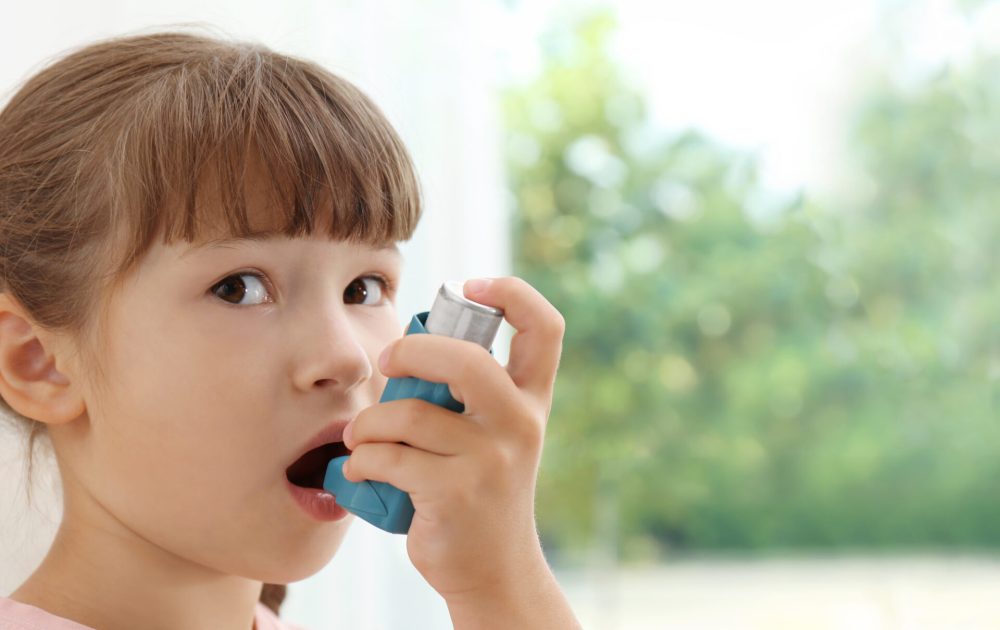Our test tells you which everyday chemicals you've recently come into contact with, and easy steps you can follow to reduce your exposure to them.
Pre-natal exposure to everyday chemicals raises child asthma risk

Exposure to alkylphenols, a group of chemicals used in everyday cleaning products has been linked with higher rates of asthma in children at age four whose mothers were exposed to this group of chemicals during pregnancy. This is the disturbing finding of a new study of 3500 mother-child pairs living in Japan. Researchers measured urinary concentrations of phenols in women during early pregnancy and rates of asthma in their four year old children.
Urine samples were analysed to detect the presence of 24 types of phenols including parabens and bisphenols. One type of phenol, butylparaben was statistically correlated with a higher risk of developing asthma in children whose mothers has been exposed to this chemical substance during the first trimester of pregnancy, with boys being slightly more at risk than girls.
Chemicals in the alkylphenols group are often used as surfactants in everyday household cleaning products and some cosmetic products. Many of these chemicals are also thought to have endocrine disrupting properties.
This study gives a clear warning that pre-natal chemical exposures can have lasting health effects on children, in this case, a higher risk of asthma.
How to reduce your exposure to alkylphenols
If you concerned about any of these findings you may wish to reduce your exposure to chemicals in some of the products you are using in your daily routines. There are lots of alternatives for household cleaning that will help you to avoid exposure to any of the chemicals tested in this study.
Here are some ideas to help you find out more about chemicals in your daily life.
- Check ingredients in your daily skincare and toiletries by reading product labels.
- Download the Yuka app on your phone which can be used to scan thousands of everyday products to identify their ingredients, and any chemicals with potentially harmful health effects.
- The app has recently added alternative products to help you find products with fewer chemicals. It works for food, toiletries and makeup. It doesn’t rate household cleaning products yet, but it can help to familiarise you with some of the chemicals lurking in everyday products so you can spot them more easily on product labels.
- Read our post on chemical free cleaning ideas.
- Learn more about petrochemicals.